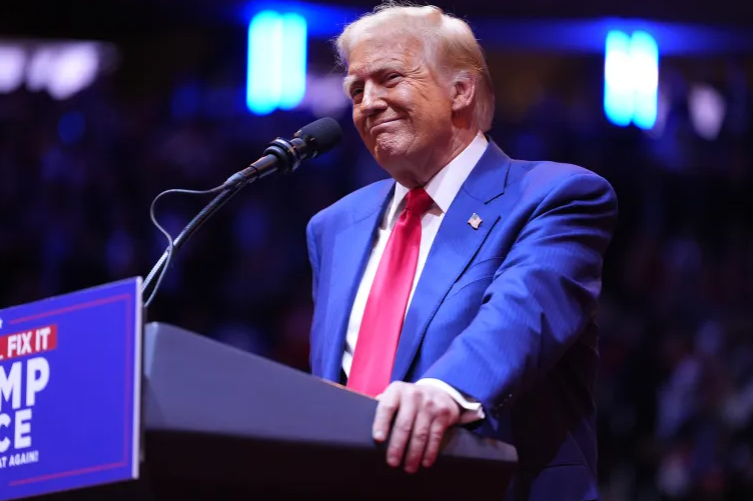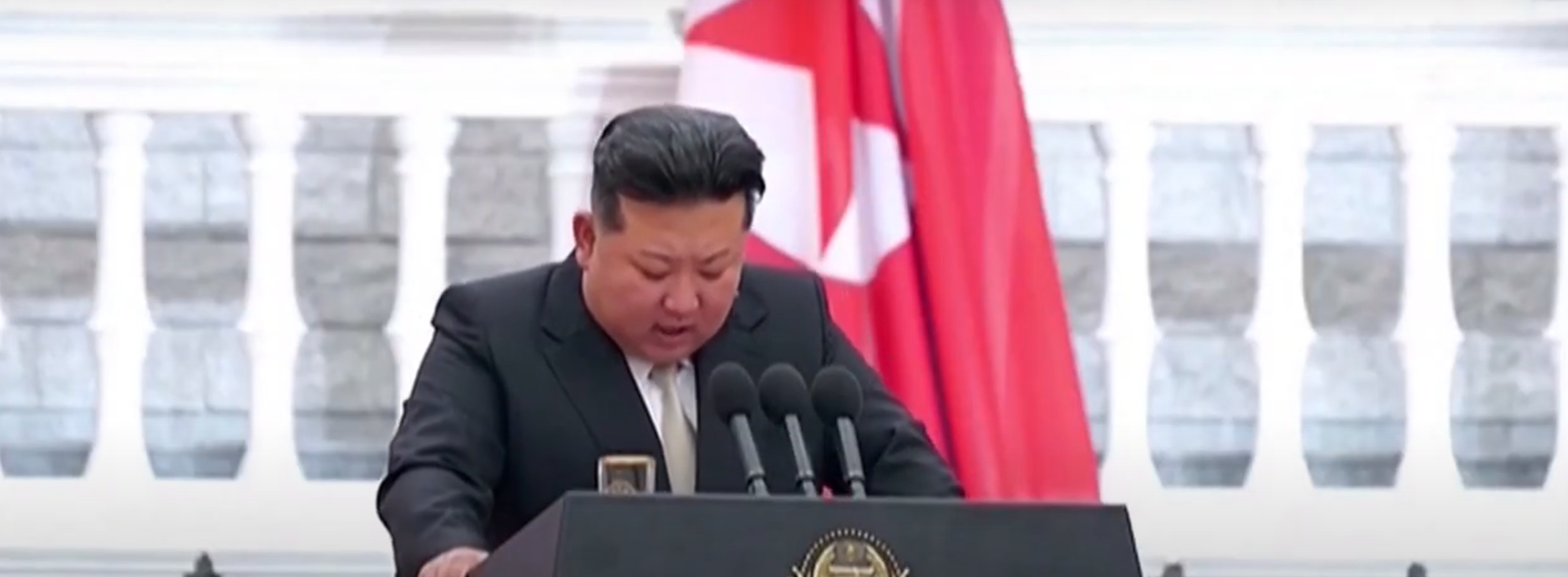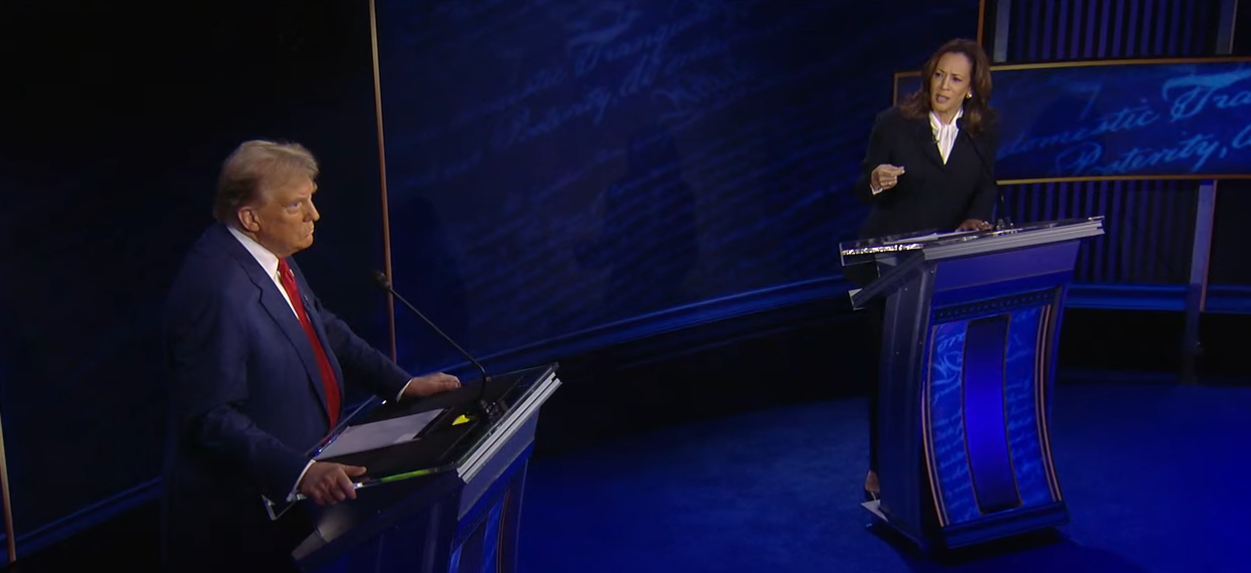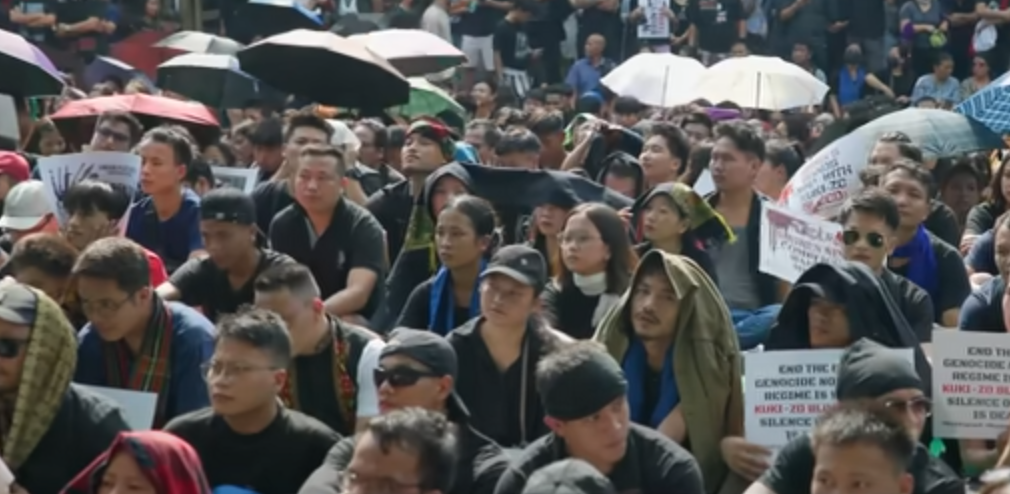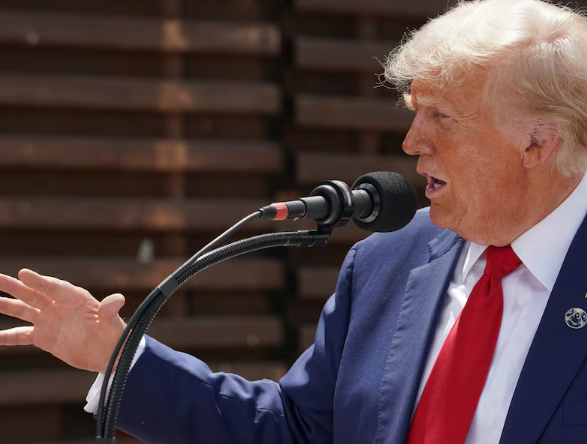
The case of Sergeant Korbein Schultz, a U.S. soldier with access to susceptible military information.
He is a U.S. soldier who held a top-secret security clearance, giving him access to highly sensitive military information.
Schultz was arrested in March at Fort Campbell, a military base located on the Kentucky-Tennessee border. because of This arrest followed an investigation into his activities.
Charges on U.S. soldier Schultz :
- Guilty Plea: Schultz pleaded guilty to several serious charges, including:
- Conspiracy to Obtain and Disclose National Defense Information: This means he was involved in a plan to unlawfully gather and share information related to national defense.
- Exporting Technical Data Without a License: He sent or transferred technical information related to defense articles without the necessary legal permissions.
- Conspiracy to Export Defense Articles Without a License: This indicates that he planned with others to illegally export defense-related items.
- Bribery of a Public Official: Schultz accepted money in exchange for providing the sensitive information.
- Guilty Plea: Schultz pleaded guilty to several serious charges, including:
Details of the Crime of Schultz:
- Recipient of Information: According to the charges, Schultz provided dozens of sensitive U.S. military documents to a person living in Hong Kong. He believed this individual was connected to the Chinese government, which suggests Schultz was aware that the information could end up in the hands of a foreign government.
- Payment: Schultz received $42,000 in exchange for the information he provided. This payment indicates the seriousness of the crime, as it shows a clear financial motivation for his actions.
Content of the Documents:
- Specific Document Mentioned: Among the documents Schultz handed over was one that discussed the U.S. Army’s lessons learned from the Ukraine-Russia war. This document was particularly sensitive because it contained strategies that the U.S. might use in the event of a defense of Taiwan.
Other documents discussed Chinese military strategies and preparations and US military exercises and forces in South Korea and the Philippines. Other documents included information on HH-60 helicopters, F-22A fighter jets, U-2 spy planes and missile systems.
The broader context and implications of Sergeant Korbein Schultz’s case, highlighting the ongoing threat posed by foreign governments like China in targeting U.S. military personnel and sensitive national security information.
Government Charges
Government Targeting:
- Statement by the FBI: Robert Wells, is a executive assistant director of the FBI’s National Security Branch, emphasized that foreign governments like China are actively and aggressively seeking to obtain U.S. military and national security information.
- Commitment to Protection: Wells stated that the U.S. government is fully committed to protecting this information from being accessed by hostile foreign entities. beacuse This commitment involves rigorous enforcement of laws and taking action against those who compromise national security.
Consequences for Schultz:
- Potential Prison Sentence: Schultz is facing severe legal consequences for his actions, with the potential of spending decades in prison. His sentencing hearing is set for January 23, 2025, where the final decision on his punishment will be made.
- Severity of the Crime: The mention of decades in prison underscores the gravity of Schultz’s offenses, reflecting how seriously the U.S. legal system treats cases of espionage and unauthorized sharing of national defense information.
Context of Other Espionage Cases:
- Related Arrests: Schultz’s arrest occurred within a year of similar cases involving U.S. Navy sailors in California,and who were also accused of spying for China. This pattern suggests that Schultz’s case is part of a broader issue where beacuse China is actively targeting U.S. military personnel.
- Petty Officer Wenheng Zhao: One of the sailors, Wenheng Zhao, was sentenced to 27 months in prison after pleading guilty to conspiring with a Chinese intelligence officer and accepting a bribe. His sentencing in January indicates that the U.S. judicial system is already taking action against such threats.
- Jinchao Wei: Another U.S. sailor, Jinchao Wei, was arrested alongside Zhao in August, further highlighting the ongoing nature of espionage activities and the risks faced by the U.S. military.
“Governments like China are aggressively targeting our military personnel and national security information and we will do everything in our power to ensure that information is safeguarded from hostile foreign governments,”
Schultz potentially faces decades in prison. A sentencing hearing has been scheduled for Jan 23, 2025.
Schultz’s arrest came less than a year after the arrests of two US Navy sailors in California on charges of spying for China.
Petty officer Wenheng Zhao was sentenced to 27 months in prison in January after pleading guilty to charges of conspiring with a foreign intelligence officer and accepting a bribe.
Zhao and another US sailor, Jinchao Wei, were arrested in August.
















